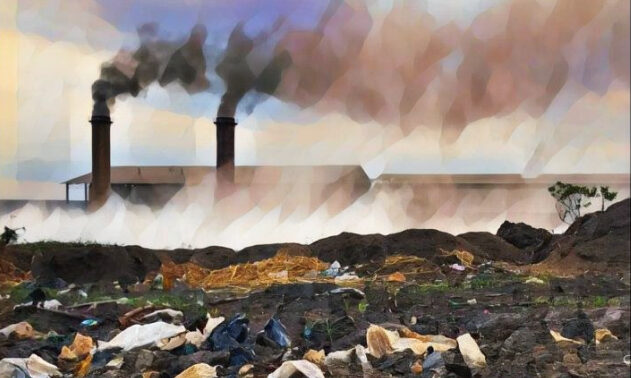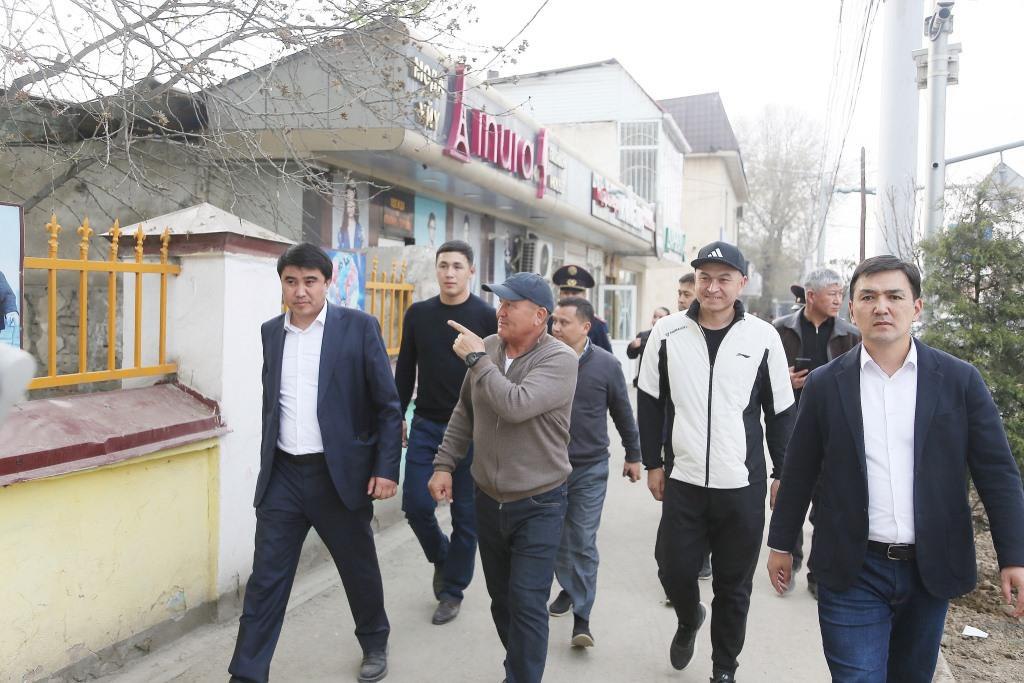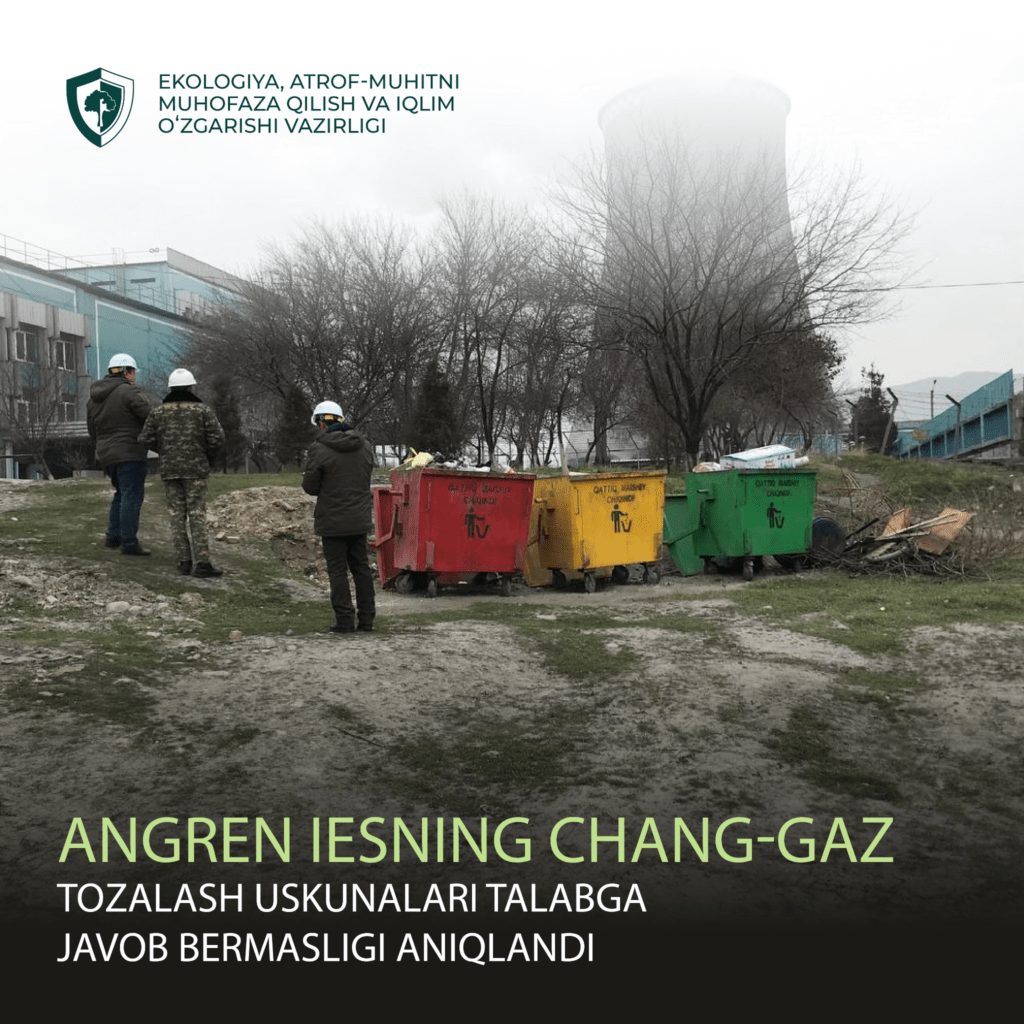Kazakhstan Declares Kentau Industrial Zone an Ecological Emergency Area
The Ministry of Ecology and Natural Resources of Kazakhstan has officially designated the industrial zone of Kentau, located in the Turkestan region, as an ecological emergency area. Minister Yerlan Nysanbayev signed the corresponding order, introducing a special legal status for a 900-hectare zone on the city's northern outskirts. Restrictions and Emergency Measures Published on the government's official legal portal, the document outlines a series of prohibitions and restrictions intended to address the long-standing environmental crisis. The status is effective until January 1, 2075, and applies to an unpopulated industrial zone. The Akimat of the Turkestan region has been directed to consider implementing the following measures: Regulating vehicle entry and exit Prohibiting the construction of new facilities and expansion of existing enterprises unless related to mitigating the environmental disaster or supporting essential public services Resettling residents from hazardous zones, with the provision of temporary or permanent housing Banning the construction and operation of environmentally hazardous facilities Restricting the operations of health and resort institutions within the emergency area Forbidding activities that could endanger human health, flora, fauna, or the environment Additionally, the regional government is tasked with formulating a comprehensive action plan to stabilize the ecological situation and reduce environmental harm. Continuous monitoring will be carried out under Article 409 of Kazakhstan’s Environmental Code. [caption id="attachment_31795" align="aligncenter" width="1149"] Map-of the location declared an emergency zone; image: zan.gov.kz[/caption] Background of the Crisis Kentau, a city with regional subordination, lies at the southern base of the Karatau Ridge, approximately 24 kilometers from Turkestan and 190 kilometers from Shymkent. Founded in 1955 atop the former Mirgalimsay workers' settlement, the city grew around the development of the Achisai polymetallic deposit. Today, it has a population of around 75,000. The Kentau industrial zone has long hosted several major enterprises, whose operations have severely impacted the local environment. Calls for governmental intervention have intensified in recent years. In June 2024, Senator Murat Kadyrbek urged authorities to declare Kentau an ecological disaster zone and allocate 6 billion KZT ($12 million) in compensation to affected residents. He cited studies showing a decline in both public health and environmental quality. Kadyrbek also appealed to the Ministry of Labor and Social Protection to introduce a 20% salary allowance for public sector workers residing in the disaster zone. Environmental experts and activists have repeatedly flagged dangerous levels of air pollution, elevated concentrations of heavy metals in soil, poor water quality, and a radioactive anomaly within the agglomeration area. While the Ministry’s recent designation is seen as a positive step toward environmental stabilization, experts stress that sustained investment and strategic long-term planning will be essential for meaningful recovery. Kentau is not the only locality in the Turkestan region grappling with ecological issues. Other affected areas include the Shardara and Arys districts, as well as the city of Turkestan, all located within the pre-crisis zone of the desiccating Aral Sea.




